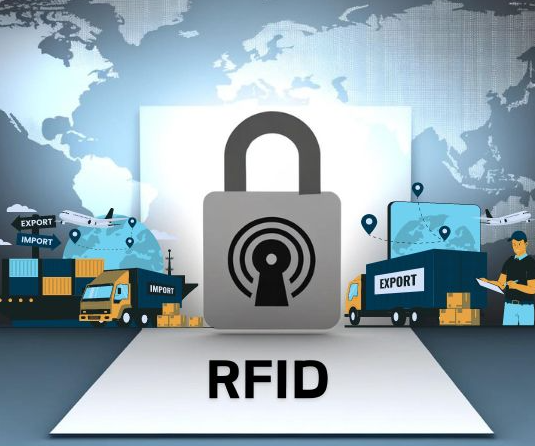RFID (Radio Frequency Identification) technology has become indispensable in a wide range of industries, from retail to healthcare, helping businesses streamline processes and enhance operational efficiency. However, as with any technology that handles sensitive information, RFID scanner devices raise concerns about data privacy and security. These concerns include the risks of unauthorized access, data breaches, identity theft, and ensuring compliance with laws like GDPR and HIPAA. In this blog, we’ll explore these privacy risks and discuss how businesses can protect sensitive information when deploying RFID systems.
One of the primary privacy risks associated with RFID technology is the potential for unauthorized access. RFID tags store and transmit data about products, and in some cases, this data can include personal information. If RFID systems are not properly secured, hackers could intercept the signals emitted by these tags and gain access to sensitive information without permission.

For example, in a retail setting, someone with a handheld RFID scanner could steal inventory data by scanning tags outside a store. In healthcare, where RFID tags might track medical equipment or even patient locations, unauthorized access could expose sensitive health data. Such a breach not only threatens privacy but also poses significant risks to the overall security of the organization.
To mitigate this risk, businesses should implement strong encryption protocols. Encrypting the data transmitted by RFID tags ensures that even if an unauthorized party intercepts the signal, they cannot read or use the information without the correct decryption key. Additionally, RFID scanners equipped with advanced security features can detect and block unauthorized scanning attempts. For example, Urovo’s RFID scanners incorporate such security mechanisms, making it more difficult for hackers to access sensitive data and improving the overall security of the system.
Another significant privacy concern is the risk of data breaches and identity theft. RFID systems store and transmit sensitive information, such as customer data, financial records, and personal identification details. If attackers exploit vulnerabilities in the RFID infrastructure, they could gain unauthorized access to this data, resulting in severe consequences such as identity theft and financial loss.
For instance, a hacker might use an RFID credit card scanner to intercept and clone the data from an RFID-enabled credit card, leading to financial fraud. Similarly, a compromised scanner RFID could be used to gather sensitive personal information from loyalty cards or membership tags. Such breaches could undermine customer trust and lead to significant reputational damage.